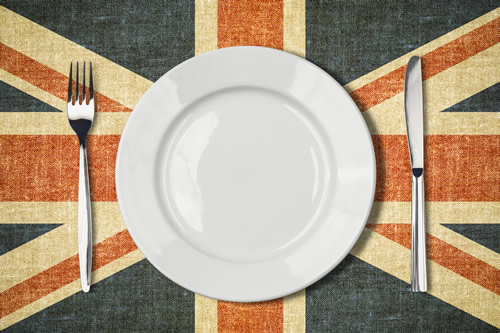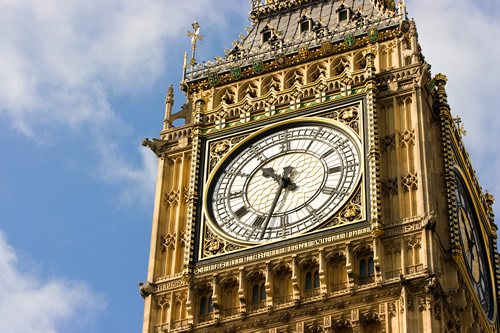'Everybody's War' - Philanthropy in Britain during the First World War
The First World War inspired the greatest level of volunteering ever seen in Britain.
Two-and-a-half million men volunteered to fight, 700,000 of whom lost their lives in the cataclysm.
There emerged another aspect of volunteering during these war years that is less well-known. The war saw a massive increase in volunteering at home, predominantly to support the men at the front but also in aid of numerous other causes, such as aid for refugees. The few publications that have examined the subject have portrayed these efforts as amateurish and ineffectual. Dr Peter Grant argues that the surge in philanthropy did in fact raise the equivalent of billions of pounds in today’s terms, gave a significant boost to the war effort, and had an important effect on the relationship between voluntary organisations and the state.
It was a truly national endeavour. A wide range of people and areas contributed to the concerted voluntary effort; from the residents of radical Glasgow and the cotton towns of East Lancashire to the middle classes of suburban Croydon, and theatrical stars and impressarios of London. Research indicates that something approaching 400,000 men and 1.2 million women were regularly engaged in working for wartime charities and in total there were around 2 million people, including children, regularly volunteering for philanthropic causes.
The article Philanthropy in Britain during the First World War draws several conclusions:
- First, the war provided new impetus to voluntarism based on the principle of mutual aid. It is notable that a very large number of Britain’s approximately 20,000 war charities were run by ordinary working class people for the benefit of local troops or local causes.
- Second, the war contributed towards an increased level of professionalism of the charity sector. Many fund-raising techniques used today were pioneered or expanded during this period.
- Thirdly, there was a greater movement towards democratisation in the voluntary sector, as well as moves into new areas and greater use of business principles.
- Finally, charitable activities truly gave to the overall war effort and helped Britain win the war. Voluntary action contributed significantly to morale at home and abroad. Germany, militaristic and controlling, never established the same reservoir of social capital to draw upon.
Voluntary action in Britain during the war acted as an integrating mechanism between social classes. It helped initiate changes in the relationship between ‘top-down’ philanthropy and ‘bottom-up’ mutual aid. This trend continued post-war.
In every sense the First World War was a ‘people’s war’ and, however small their individual contribution, those working for charities had done their bit.
The article can be downloaded at the link below. It was originally published in The Tocqueville Review/La Revue Tocqueville.
For further reading on the subject, the book Philanthropy and Voluntary Action in the First World War - Mobilizing Charity is available from Routledge.




